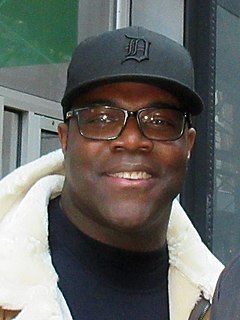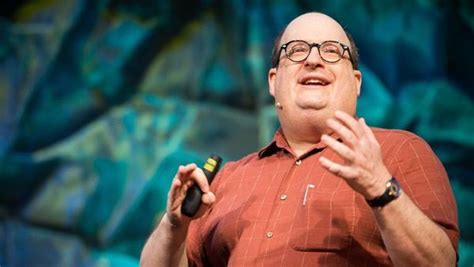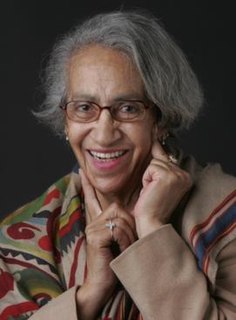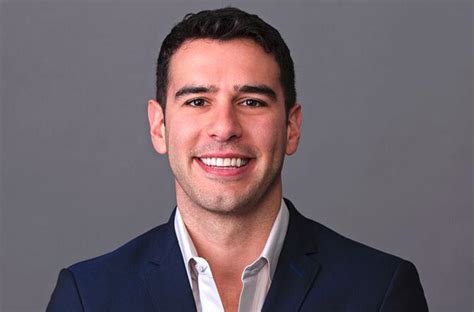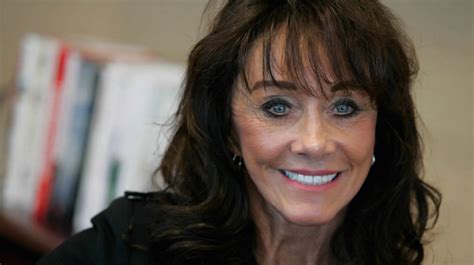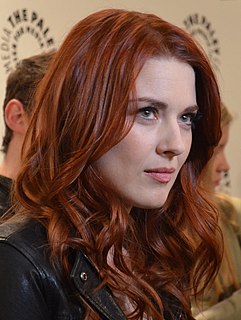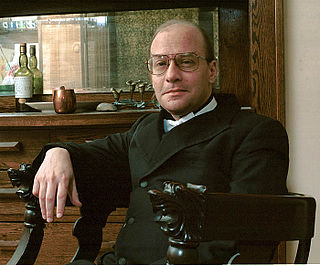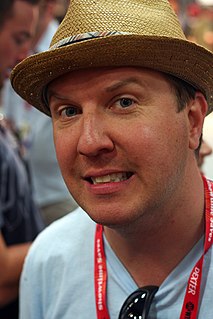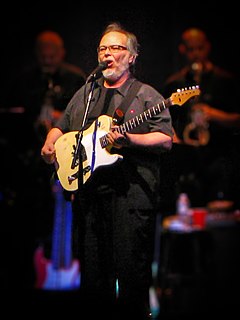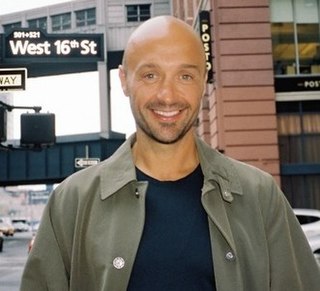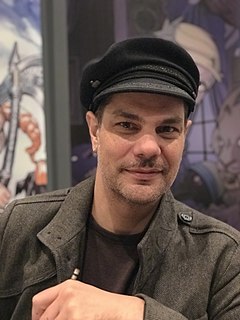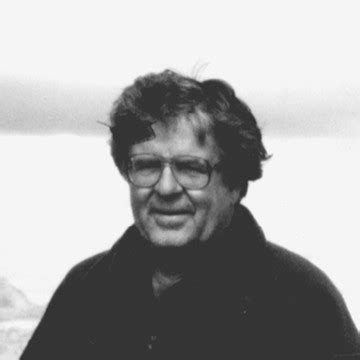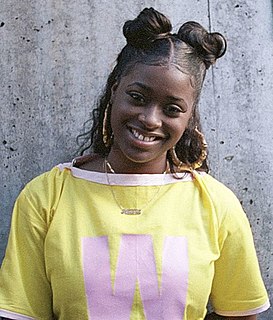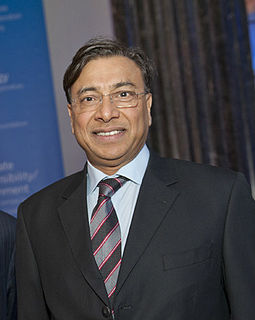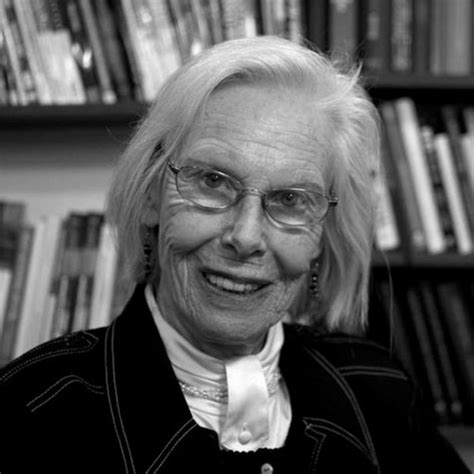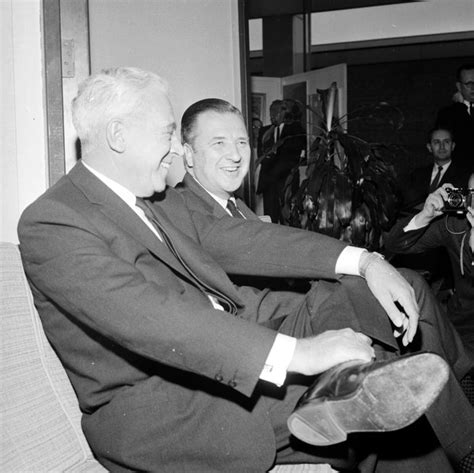Top 1200 Creating Stories Quotes & Sayings - Page 4
Explore popular Creating Stories quotes.
Last updated on April 21, 2025.
End-of-the-world stories tend to ring true. I've always been drawn to them, but as I wrote my own, I found surprising pleasure in creating a world that is so radically changed, yet where there's so much meaning and value in every small and ordinary thing we have, and take for granted: hot showers, enough food, friends, routines.
Humanity's legacy of stories and storytelling is the most precious we have. All wisdom is in our stories and songs. A story is how we construct our experiences. At the very simplest, it can be: 'He/she was born, lived, died.' Probably that is the template of our stories - a beginning, middle, and end. This structure is in our minds.
My real purpose in telling middle-school students stories was to practice telling stories. And I practiced on the greatest model of storytelling we've got, which is "The Iliad" and "The Odyssey." I told those stories many, many times. And the way I would justify it to the head teacher if he came in or to any parents who complained was, look, I'm telling these great stories because they're part of our cultural heritage. I did believe that.
AS SOMBRAS DA ALMA. THE SHADOWS OF THE SOUL. The stories others tell about you and the stories you tell about yourself: which come closer to the truth? Is it so clear that they are your own? Is one an authority on oneself? But that isn't the question that concerns me. The real question is: In such stories, is there really a difference between true and false? In stories about the outside, surely. But when we set out to understand someone on the inside? Is that a trip that ever comes to an end? Is the soul a place of facts? Or are the alleged facts only the deceptive shadows of our stories?
The language of the culture also reflects the stories of the culture. One word or simple phrasal labels often describe the story adequately enough in what we have termed culturally common stories. To some extent, the stories of a culture are observable by inspecting the vocabulary of that culture. Often entire stories are embodied in one very culture-specific word. The story words unique to a culture reveal cultural differences.
I like to write short stories more because I never met a writer who wasn't lazy. And a short story is, by its very definition, short. It is something that generally you can turn out in a week to two weeks depending on how well it goes for you. But, at the same time, it gives the same satisfaction of creating a complete world.
The desire for story is very, very deep in human beings. We are the only creature in the world that does this; we are the only creature that tells stories, and sometimes those are true stories and sometimes those are made up stories. Then there are the larger stories, the grand narratives that we live in, which are things like nation and family and clan and so on. Those stories are considered to be treated reverentially. They need to be part of the way in which we conduct the discourse of our lives and to prevent people from doing something very damaging to human nature.
I suppose the other thing too many forget is that we were all stories once, each and every one of us. And we remain stories. But too often we allow those stories to grow banal, or cruel or unconnected to each other.We allow the stories to continue, but they no longer have a heart. They no longer sustain us.
My stories are not Christianized at all. I don't even have any Christians in my stories. What they are, are stories about ordinary people going through extraordinary circumstances in which I'm exploring truth. How light overcomes darkness in a way that's unmistakable to anyone who has any kind of faith.
The Nigerian storyteller Ben Okri says that ‘In a fractured age, when cynicism is god, here is a possible heresy: we live by stories, we also live in them. One way or another we are living the stories planted in us early or along the way, or we are also living the stories we planted — knowingly or unknowingly — in ourselves. We live stories that either give our lives meaning or negate it with meaninglessness. If we change the stories we live by, quite possibly we change our lives.’
My stories are of gas chambers, shootings, electrified fences, torture, scorching sun, mental abuse, and constant threat of death. But they are also stories of faith, hope, triumph, and love. They are stories of perseverance, loyalty, courage in the face of overwhelming odds, and of never giving up!
With the advent of digital imaging I made the transition from trying to figure out how to do things to creating objects, characters and the whole cloth. It kind of freed up the analytical part of my brain and I had the opportunity to use more of the creative side of my brain for how things interact with light and integrate into stories.

